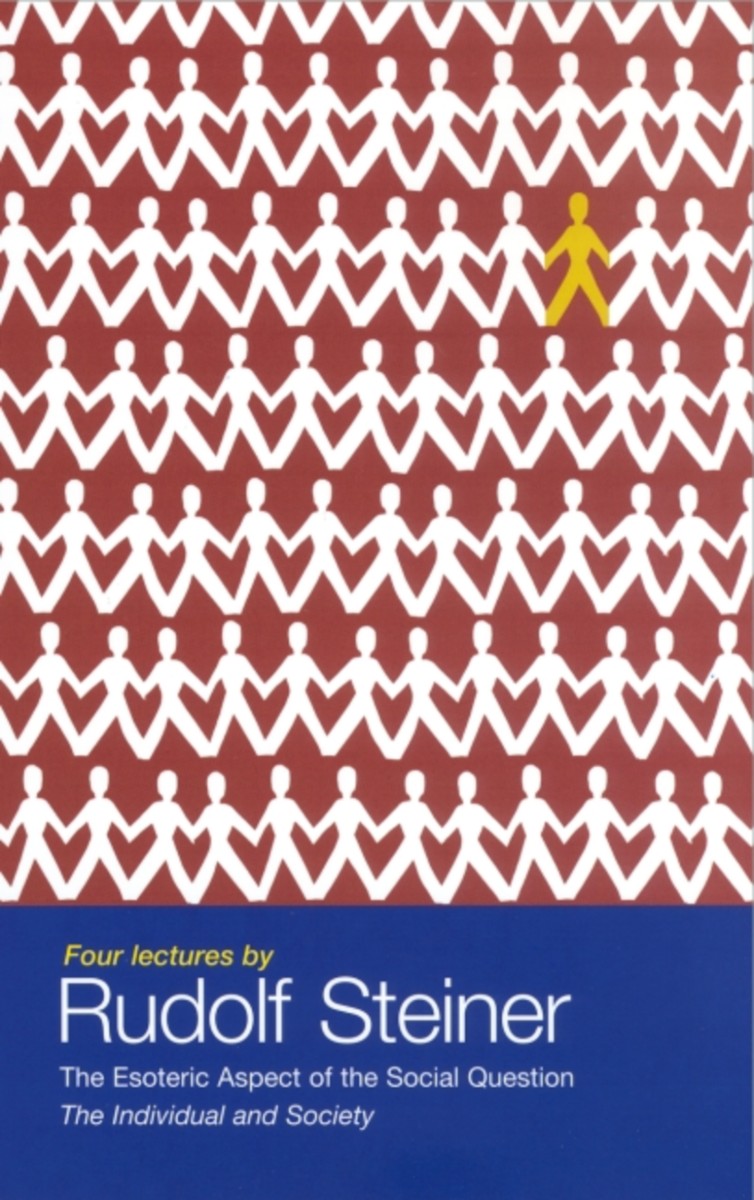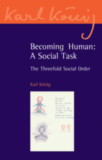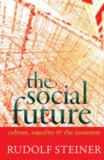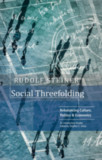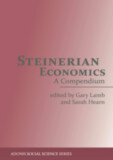The Esoteric Aspect of the Social Question
The Individual and Society (CW 193)
- Publisher
Rudolf Steiner Press - Published
5th July 2001 - ISBN 9781855840645
- Language English
- Pages 112 pp.
- Size 5.5" x 8.5"
4 lectures in various cities, Feb. 4-Mar. 9, 1919 (CW 193)
Although recent years have seen major advances in science and technology, the social aspect of life still presents major problems for Western societies. The general increase in destructive and antisocial behavior during recent decades has highlighted the importance of social issues, yet society still lacks ideas that effectively address society’s ills.
Rudolf Steiner suggested new ways to organize society and engage with social questions. This book presents his esoteric perspective on such concerns. Steiner asserts that we must begin by giving real value to the human element in the world, finding a deeper understanding of our relationship to nature and to the cosmos. Accordingly, it is ineffective to organize society in an arbitrary way; society ought to reflect the human relationship to the spiritual world. Steiner goes on to discuss the threefold archetype of social life—the political state, the economy, and the spiritual and cultural aspects—and how these three areas can interact in a healthy way, leading to an evolving society that is vibrant.
These popular lectures are presented here in a new translation with the addition of a previously unpublished lecture.
A previous translation was published as The Inner Aspect of the Social Question. This book is a translation from German of Der innere Aspekt des sozialen Rätsels. Luziferische Vergangenheit und ahrimanische Zukunft (GA 193).
Rudolf Steiner
Rudolf Steiner (b. Rudolf Joseph Lorenz Steiner, 1861–1925) was born in the small village of Kraljevec, Austro-Hungarian Empire (now in Croatia), where he grew up. As a young man, he lived in Weimar and Berlin, where he became a well-published scientific, literary, and philosophical scholar, known especially for his work with Goethe’s scientific writings. At the beginning of the twentieth century, he began to develop his early philosophical principles into an approach to systematic research into psychological and spiritual phenomena. Formally beginning his spiritual teaching career under the auspices of the Theosophical Society, Steiner came to use the term Anthroposophy (and spiritual science) for his philosophy, spiritual research, and findings. The influence of Steiner’s multifaceted genius has led to innovative and holistic approaches in medicine, various therapies, philosophy, religious renewal, Waldorf education, education for special needs, threefold economics, biodynamic agriculture, Goethean science, architecture, and the arts of drama, speech, and eurythmy. In 1924, Rudolf Steiner founded the General Anthroposophical Society, which today has branches throughout the world. He died in Dornach, Switzerland.


